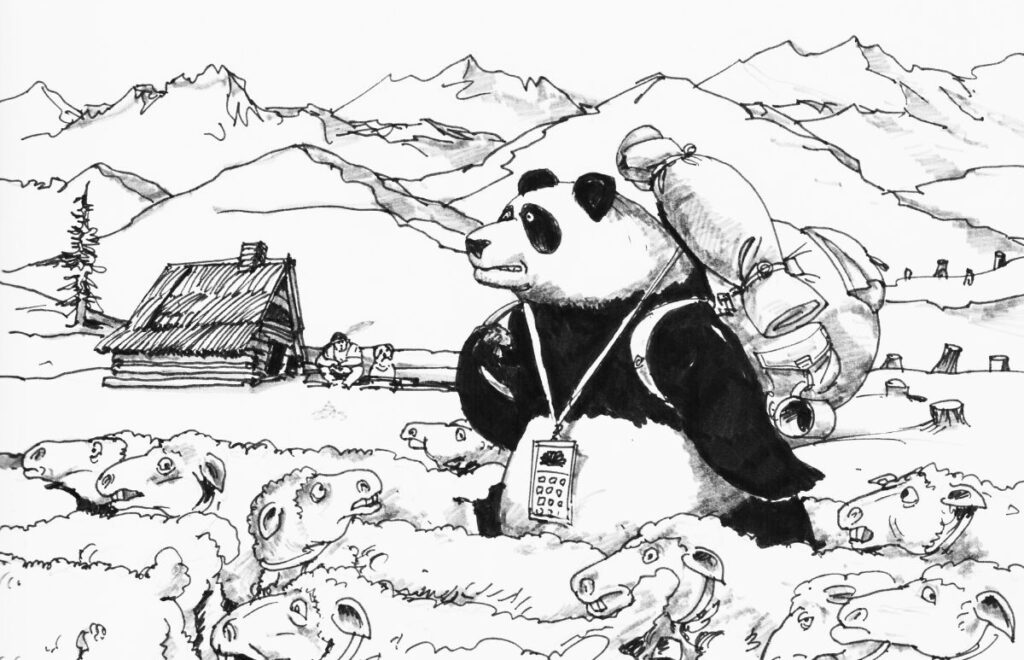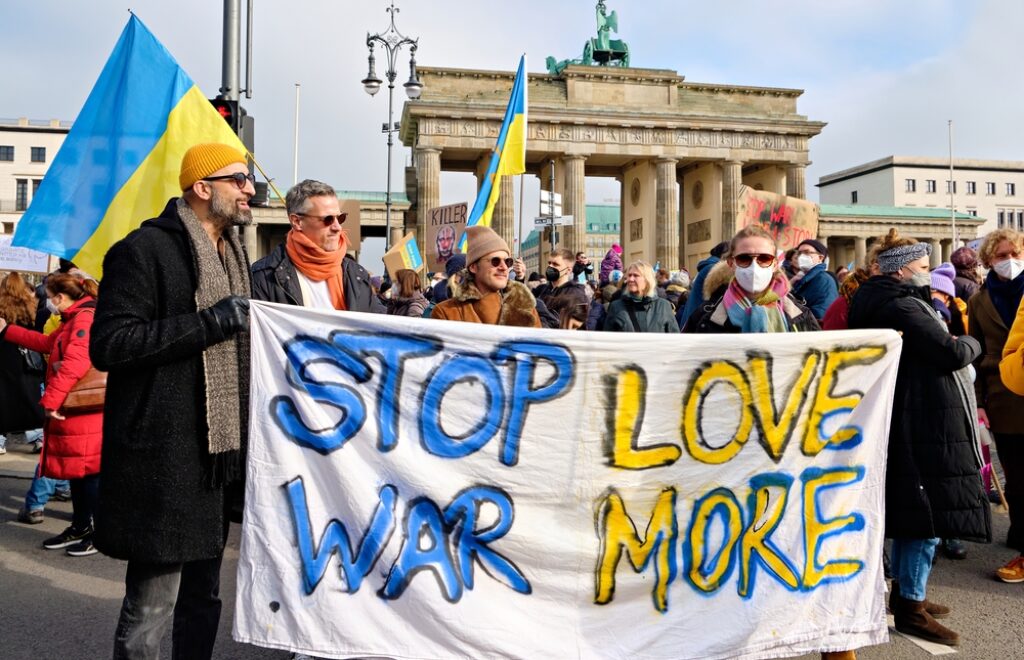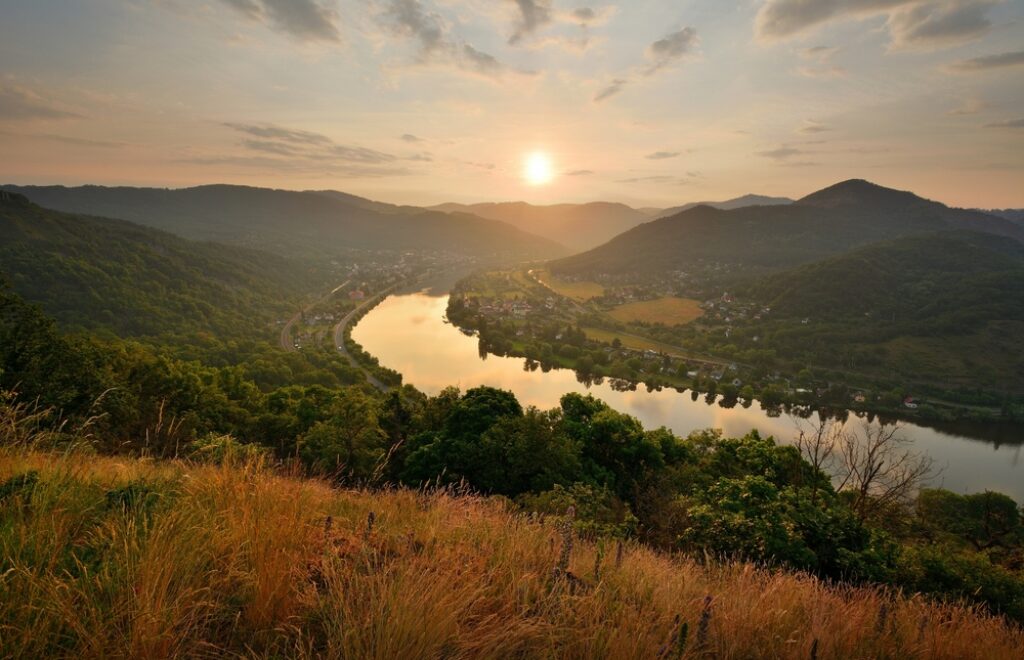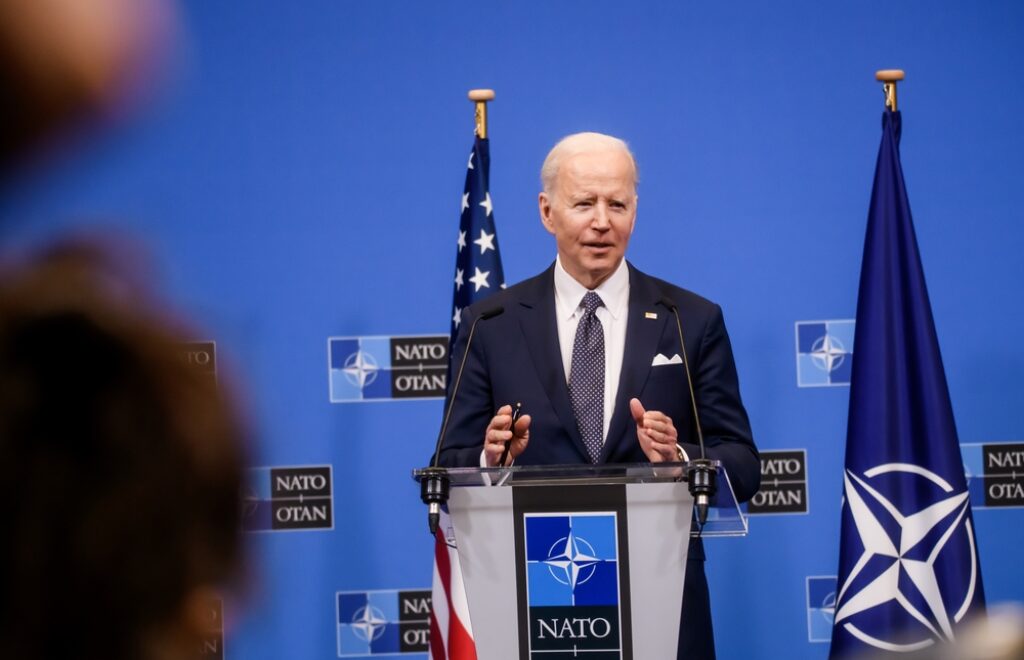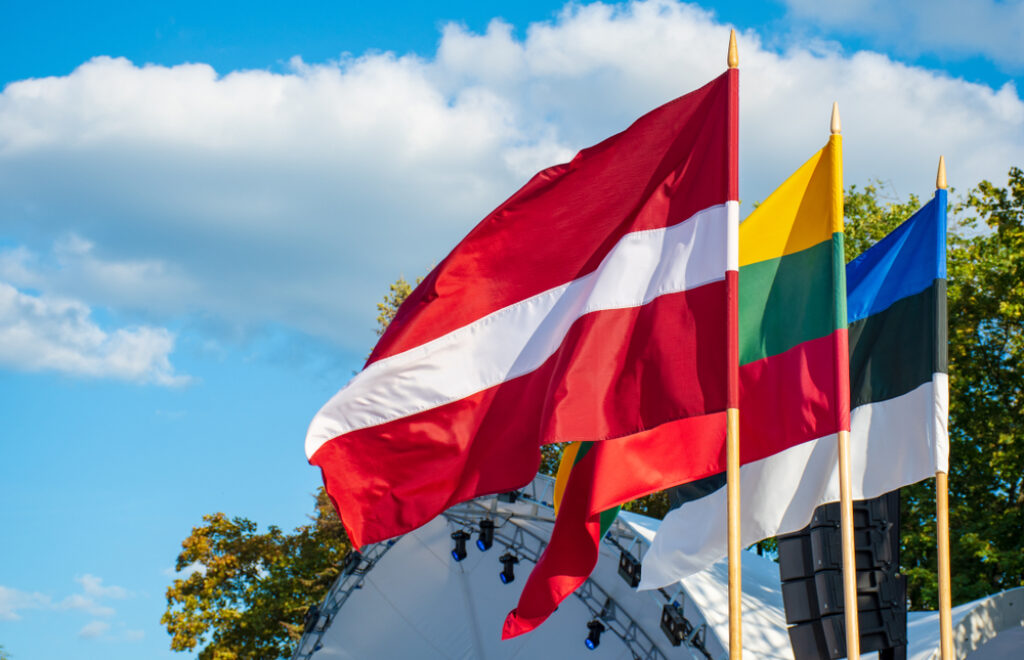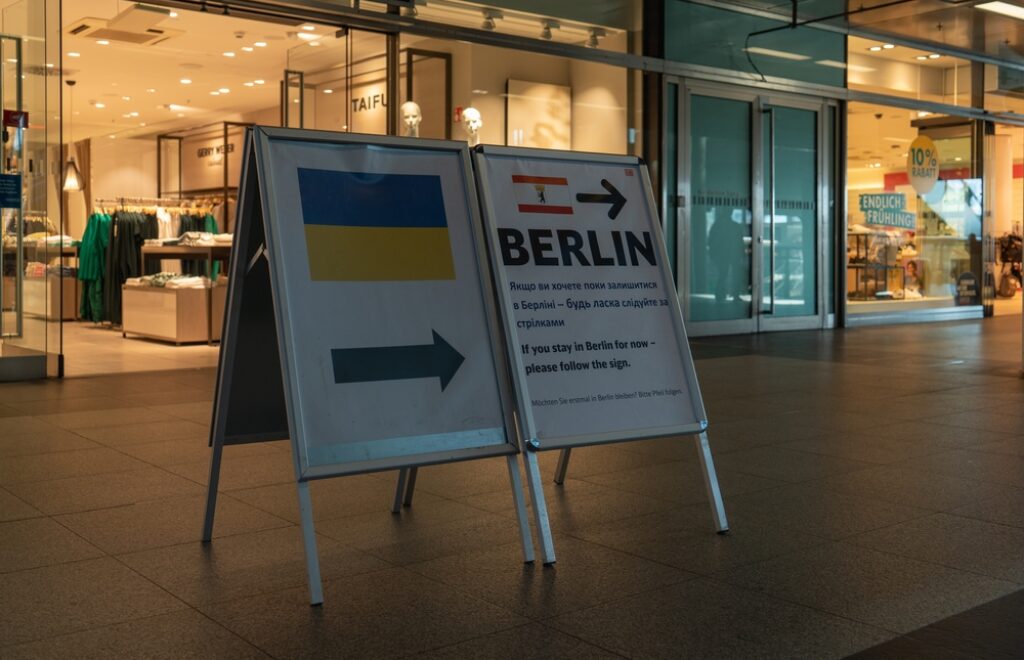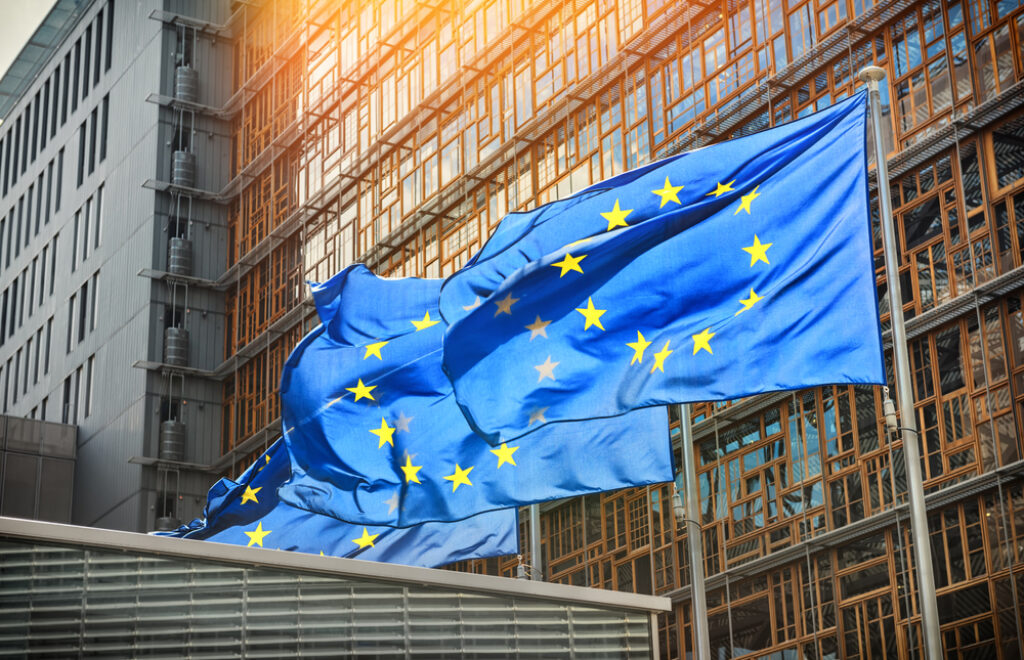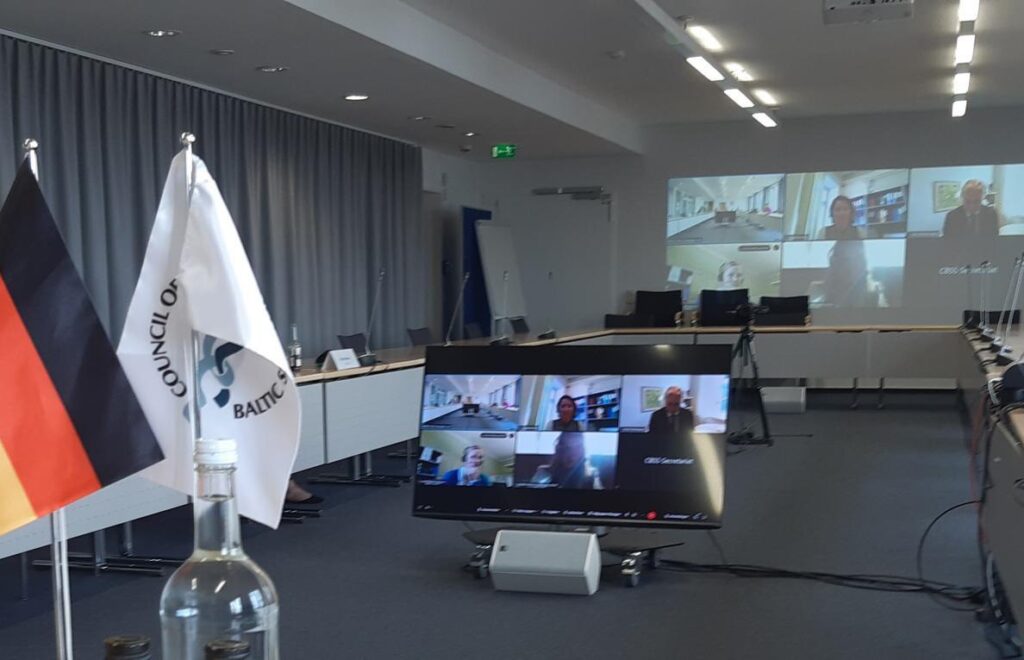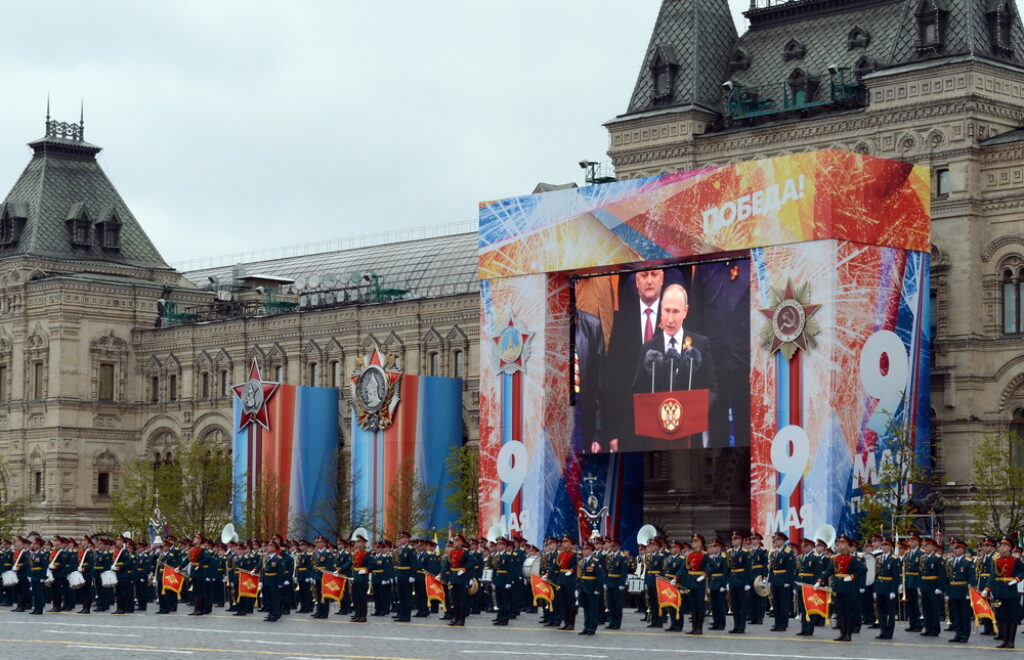Between “Trojan horses” and an “Anti-China Vanguard”?
On the pleasant sunny morning of June 14th 2023, pedestrians crossing the iconic Charles Bridge in Prague found themselves navigating through multiple meticulously-staged Chinese couples. These groups were taking their pre-wedding photos against the scenic skyline of the city. Locals have probably become accustomed to this sight. Ever since the Taiwanese singer Jolin Tsai released her Mandopop hit “Prague Square”, hundreds of thousands of Chinese tourists have been flocking to the city to enjoy its romance.
November 20, 2023 - Emilian Kavalski


